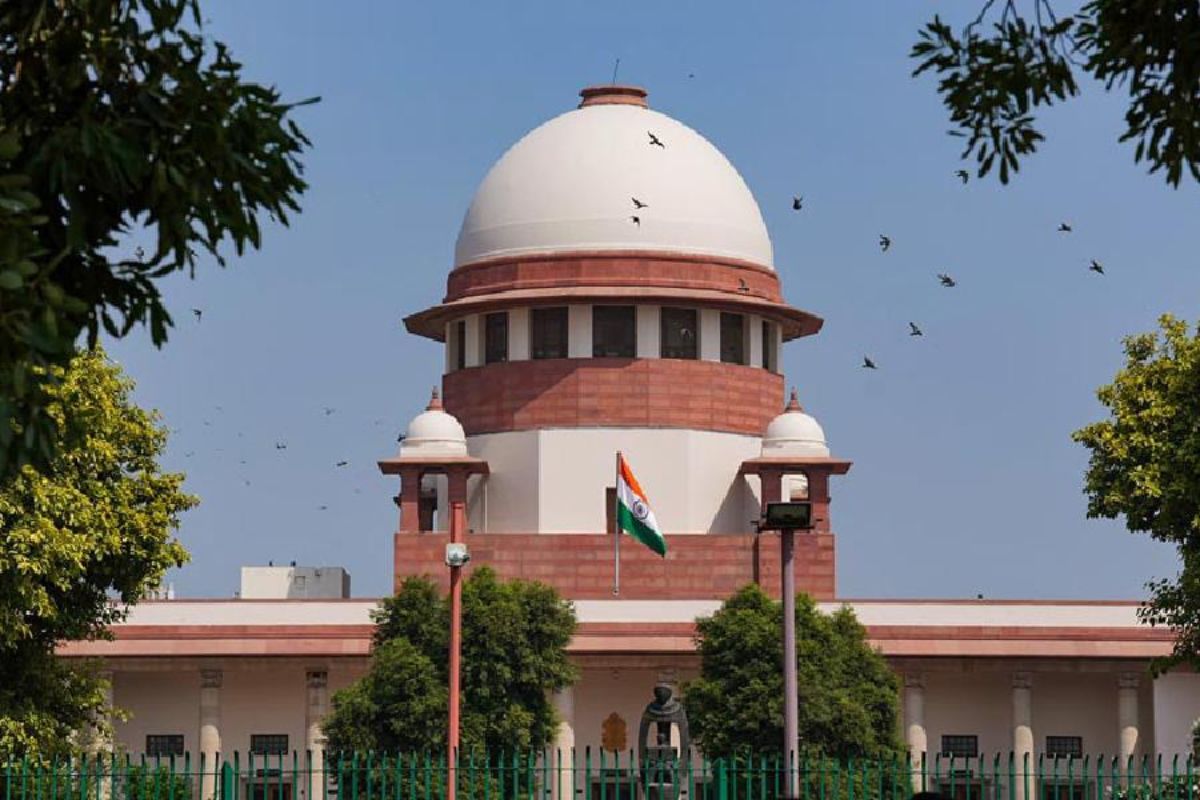The Supreme Court on Tuesday posted for October 31 a batch of petitions including one by NGO Association for Democratic Reforms (ADR) challenging the Electoral Bond Scheme that allows anonymous funding to political parties, as the court was told that such funding promoted corruption.
The Chief Justice D Y Chandrachud, heading a bench also comprising Justice J B Paridwala and Justice Manoj Misra, said it would hear the arguments in the case on October 31 and if they remain inconclusive on that day, it will continue on November 1 as well.
“Petitioner’s counsel and Attorney General have made preliminary submissions. Compilations have been filed. If further submissions to be made, it is to be filed by October 27. Soft copies to be compiled by nodal counsel. Matter to be listed for final hearing on October 31 and should there be a spill over it shall continue till November 1,” the bench said in its order.
However, upon clarification that the issue regarding certain laws that were brought as money bill is yet to be adjudicated by the seven-judge bench, the petitioners told the bench that, for now, they would not argue on their challenge to the introduction and passage of the electoral bond scheme as a money bill.
Advocate Prashant Bhushan, appearing for NGO ADR, told the bench that the anonymous nature of the funding also promoted corruption as it allowed companies, who had received certain benefits from the government of certain parties, to anonymously donate to those political parties.
This was in continuation of his arguments made in the past hearings that amendments made through the Finance Acts of 2016 and 2017, both passed as Money Bills, have “opened the floodgates to unlimited political donations”.
Electoral bond is an instrument in the nature of a promissory note or bearer bond which can be purchased by any individual, company, firm or association of persons provided the person is a citizen of India or body is incorporated or established in India. The bonds are issued specifically for the purpose of funding political parties.
The government has all through defended the electoral bond scheme, describing it as completely transparent, that takes care of unaccounted funding of the political parties. The Centre has urged the top court to hear it before deciding whether the matter needs to be referred to the constitution bench.
The Association for Democratic Reforms, which monitors the criminal antecedents of the candidates of various parties, has alleged that the ruling party had received more than 60% of total electoral bonds in the audit of the parties in two years of 2017-18 and 2018-19.
The NGO has noted that even the Election Commission and the Reserve Bank of India had in 2017 objected to the electoral bonds, advising against their issuance as a mode of donation to the political parties.
Various petitions are pending before the top court challenging amendments made to different statutes through Finance Act 2017 and Finance Act 2016 on the ground that they have opened doors to unlimited, unchecked funding of political parties.












